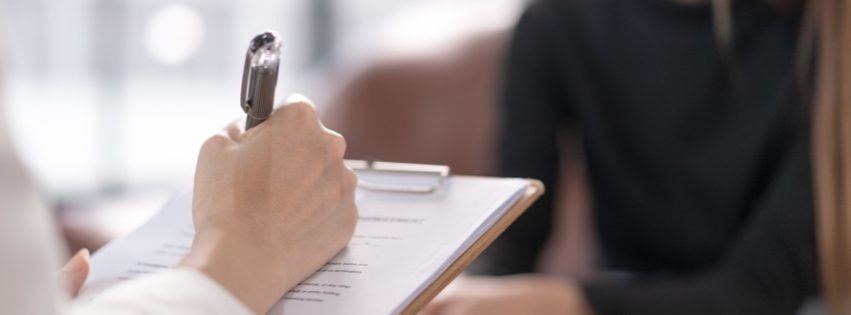Living With Impulsivity: What It Feels Like
Impulsive behaviour doesn’t always look dramatic. It can creep into daily decisions and interactions, such as snap judgments, acting without thinking, difficulty delaying gratification, or repeatedly doing things even when the consequences are known.
When impulsivity is chronic, these behaviours persist over time and across situations, affecting relationships, work or study, emotional wellbeing, and sense of control.
You might feel:
- Frustrated that you “can’t help it” even though you know better
- Guilty, embarrassed or isolated because of actions you regret
- Like you’re always reacting rather than choosing
- That your impulsivity causes conflict, stress, or missed opportunities
How Psychology Can Help with Impulsive Behaviours & Chronic Impulsivity
With Logic Lounge, we recognise that impulsive behaviour, especially when chronic, is not simply a “lack of willpower.” It often interacts with other mental health factors (e.g., ADHD, mood disorders, anxiety, trauma) and contributes to stress, low self-esteem, interpersonal difficulties, or risky behaviours.
Here’s how psychological support can help:
- Understanding the “why” – exploring the underlying triggers: boredom, frustration, emotional overwhelm, impulsivity embedded in past experiences
- Skill building – impulsivity can be reduced by learning self-regulation skills: mindfulness, distress tolerance, emotional awareness, pause strategies, impulse control techniques
- Cognitive strategies – noticing automatic thoughts, learning to challenge or reframe impulsive urges, planning ahead to avoid known triggers
- Behavioural interventions – gradually practising delay, structuring routines, developing habits that reduce opportunities for impulsivity, setting clear goals and monitoring progress
- Support for related issues – helping with co-occurring issues (e.g. ADHD, anxiety, relationship conflict) that often intensify impulsivity
Psychologists Supporting Impulse Control
What to Expect from Therapy / Counselling
- A confidential, non-judgmental space to talk about episodes of impulsive behaviour, and where they’ve happened
- Assessment of how impulsivity shows up (situations, frequency, impact)
- Collaborative goal–setting – what “better control” or “less impulsivity” looks like for you
- Practical tools and/or ongoing support – you learn skills in session, practice in everyday life, and reflect on what works
- Feedback and adjustment
Supporting Loved Ones & Relationships
Impulsive behaviours and chronic impulsivity don’t only affect the person experiencing them: partners, family, friends, and colleagues may feel frustrated, hurt, or worried. In therapy, we can work together on:
- Communication – explaining needs and boundaries
- Repairing trust or misunderstandings caused by impulsivity
- Developing empathy and understanding on both sides
Taking the Next Step
You might benefit from professional help with impulsive behaviour or chronic impulsivity if:
- Impulsivity is causing you distress or negative consequences (in relationships, work, finances, legal, or emotional health)
- You’ve tried to reduce impulsive acts on your own without success
- You suspect impulsivity is part of ADHD or another mental health condition
- You’re tired of feeling out of control, reactive, or regretful
Find the right Psychologist for you
Our find a psychologist search tool allows you to easily find a psychologist or counsellor, tailored to your area of concern, your preferred language and the location that might be closest to you.
Frequently asked questions
Is addiction counselling confidential?
Yes. All sessions are confidential, in line with professional and legal requirements.
Can I see a psychologist online?
Yes. We offer secure telehealth (video call & phone call) appointments,
Do I need a referral?
Yes. A GP referral is required, especially if you want to claim your Medicare rebate.
However, if you are seeking support privately and are happy to pay the full fee yourself (without claiming Medicare), you do not need a referral.












